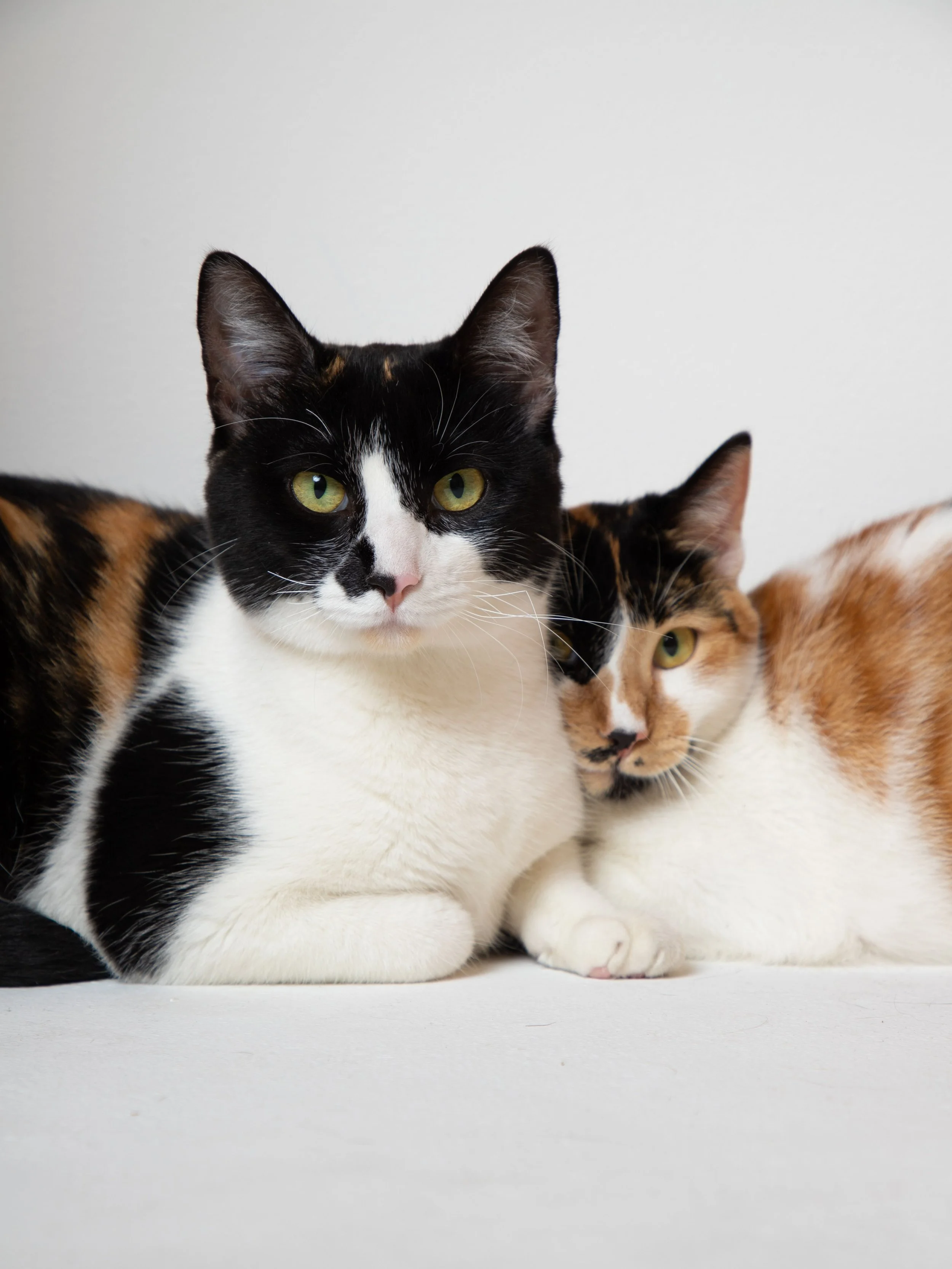Bringing Home a New Kitten? Here’s What to Expect
Bringing a new kitten into your home can be challenging and overwhelming. However, it doesn’t have to be!
Whether you’re considering adding a new kitten to your family or have already welcomed your little bundle of joy into your home, you’ll want to be the BEST cat owner you can be.
Continue reading to learn more about kittens and what to expect when raising these curious creatures.
Prepare Your Home
Before bringing your furbaby home, it’s important to properly prepare your house to make sure the new transition is as smooth as possible.
For starters, there’s a number of supplies you’ll want to have on hand to care for your kitten. Here’s a helpful list of the basic items you’ll need:
Litter box, scooper, and litter
Nutritious, super-premium kitten food and treats
Water and food dish
Cat bed
Cat carrier
Kitten safe toys
Scratching post
Cat brush
The list could go on, and you’ll want to see what your vet recommends adding too, but those are the most essential supplies you’ll want to purchase before bringing your little one home.
Is your house kitten-proof? We interviewed Renae Setter, a new kitten owner, and she gave us some tips. She explained that closing all windows, cabinets, and any nooks and crannies in your house can prevent your cat from exploring dangerous spaces. Her kitten, Willow, is sneaky and has already tried hopping out of windows, Setter warned.
In addition, hide any strings or electric chords that could be a choking hazard.
Teach Good Habits
If you don’t teach your kitten good habits at an early age, you might run into problems down the road. Mastering the litter box can be tricky. Positive reinforcement and reminders can help potty train your kitty-cat in no time.
Scratching furniture, biting, pulling on toilet paper, and other destructive things your four-legged friend may do are all habits you’ll want to break at a young age. Keeping your kitten busy and spending quality time with them will help minimize these from happening.
Feeding Your Kitten
Typically, when you bring home a new kitten, it has already been weaned off from its mother and is capable of eating solid food. When transitioning to the right food for your kitten, we recommend slowly mixing the new food into the food they were eating to avoid digestive problems.
When choosing food for your tiny friend, you will want to make sure it’s formulated for growing kittens. High calorie, digestible, high protein, and, of course, tasty! Avoid feeding your kitten any human food, too.
When is it a good time to make the switch from kitten food to adult cat food? We recommend slowly introducing your furry friend to adult food around nine to twelve months old.
*As always, please be sure to share all your kitten’s feeding practices with your vet, especially if they have any dietary restrictions or sensitivities.
Sleep 💤
Can you imagine getting 20 hours of sleep? Well, that’s about how long a kitten sleeps in a day! It’s important they have a comfy and quiet place to sleep.
Setter suggests a fluffy pillow or your lap—both are Willow’s favorite sleeping spots!
Play, Exercise, and Socialize
Kittens need to play multiple times a day to get their exercise. Not only does playtime help create a bond between the cat and its owner, but it gets the blood flowing, too. Tying a toy mouse to a string or shining a laser around the house are a couple of fun ways to get your kitty movin’. We recommend setting aside time each day for play. This ensures your furbaby has an adequate amount of daily exercise.
Kittenhood is a crucial time for teaching social skills. In order for your kitten to grow into a well-rounded cat, extra comfort and playtime are essential. Exposing your growing cat to as many new sights, sounds, smells, and sensations as possible will help it feel more comfortable and less timid.
Remember, your kitten is seeing the world for the first time, so it’s important to care for it to the best of your ability.




















